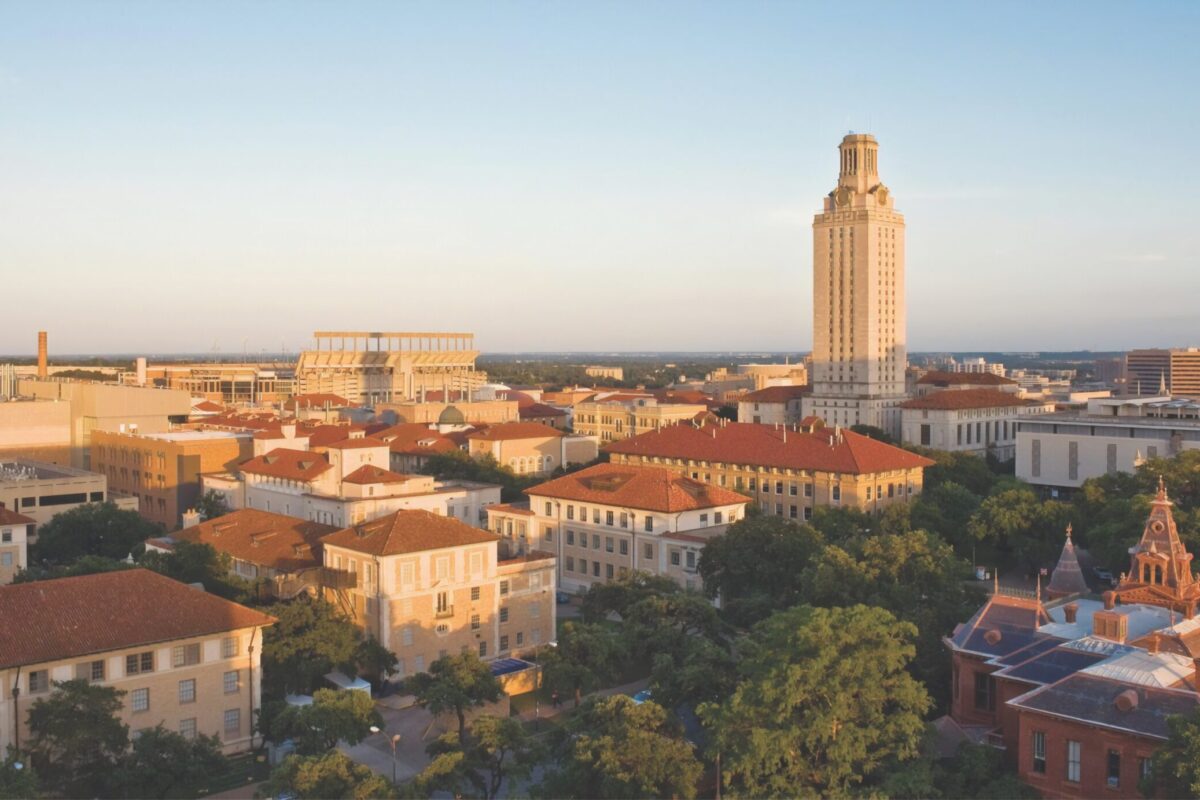After Fire Damages Stengl Lost Pines, Scientists Say Discovery Will Rise from the Ashes
SMITHVILLE, Texas – At a site where scientists have been conducting research for decades, the recent Pine Pond Fire in Bastrop County damaged outdoor habitats within The University of Texas at Austin's Stengl Lost Pines Biological Station (SLP). No one was hurt and no buildings burned in the fire.


































